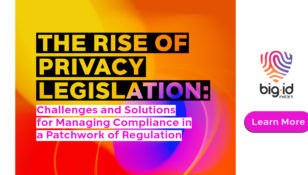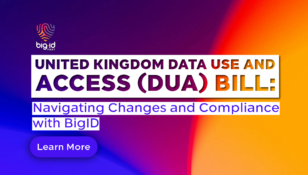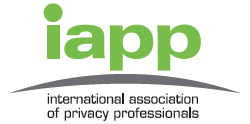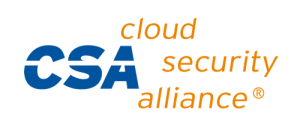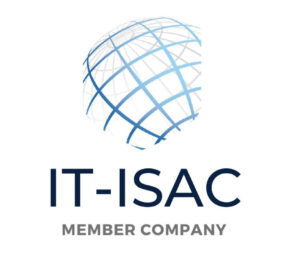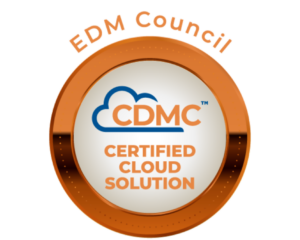6 Must-Know FINRA Rules for Financial Pros
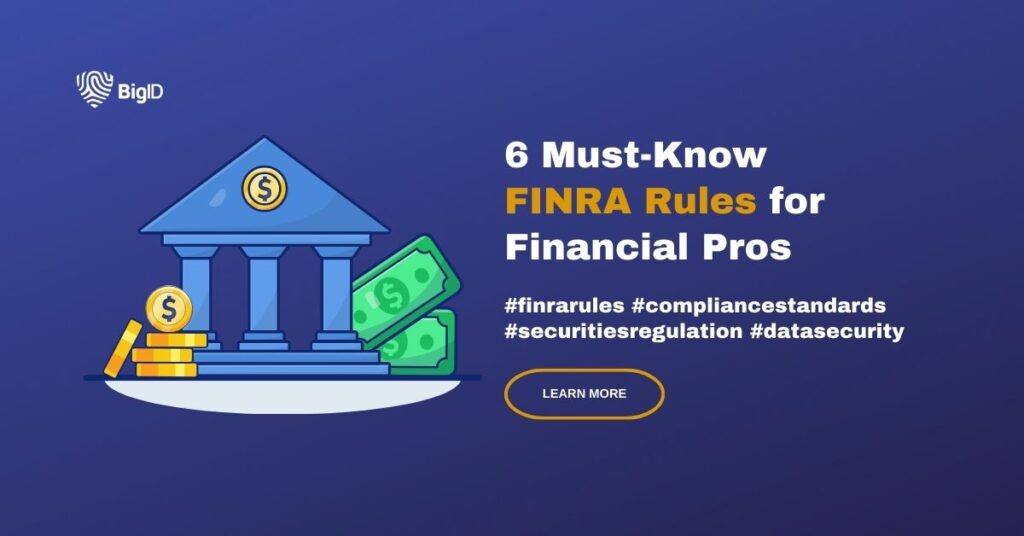
Detailed Overview of Key FINRA Rules: Implications and Compliance Strategies for Organizations
The Financial Industry Regulatory Authority (FINRA) plays a crucial role in overseeing brokerage firms and exchange markets, ensuring that they operate fairly and honestly. For privacy and security leaders within an organization, understanding FINRA rules is vital to maintaining compliance, protecting sensitive information, and avoiding substantial penalties.
Each rule has specific requirements and implications for organizations. Here’s a detailed look at some of the most critical FINRA rules, their meanings for organizations, and how they can ensure compliance.
1. FINRA Rule 3110: Supervision
What It Means
FINRA Rule 3110 requires firms to establish and maintain a supervisory system that is reasonably designed to achieve compliance with applicable securities laws and regulations. This includes overseeing the activities of their associated persons to prevent and detect violations.
Implications for Organizations
Organizations must have comprehensive supervisory systems to monitor and control their employees’ activities. This involves setting clear policies and procedures and ensuring they are effectively implemented.
Compliance Strategies
- Establish Supervisory Procedures: Develop written supervisory procedures (WSPs) that outline how the firm will monitor and control the activities of its personnel.
- Designate Supervisors: Assign qualified individuals as supervisors to oversee compliance with WSPs.
- Conduct Regular Reviews: Perform periodic reviews of the supervisory system and WSPs to ensure they remain effective and up-to-date.
- Implement Technology Solutions: Utilize compliance software to automate and streamline supervision processes.
2. FINRA Rule 3310: Anti-Money Laundering (AML)
What It Means
FINRA Rule 3310 mandates that firms develop and implement a written AML program. The program should be tailored to the firm’s size, business model, and risk profile and must include policies, procedures, and internal controls to detect and report suspicious activities.
Implications for Organizations
Organizations must be proactive in preventing money laundering and terrorist financing activities. Failure to do so can result in severe penalties and damage to their reputation.
Compliance Strategies
- Develop an AML Program: Create a comprehensive AML program that includes risk assessment, transaction monitoring, and reporting procedures.
- Appoint an AML Officer: Designate a senior management member responsible for overseeing the AML program.
- Conduct Employee Training: Provide ongoing training to employees on AML regulations and the firm’s AML policies and procedures.
- Perform Regular Audits: Conduct independent audits of the AML program to ensure its effectiveness and compliance with regulatory requirements.
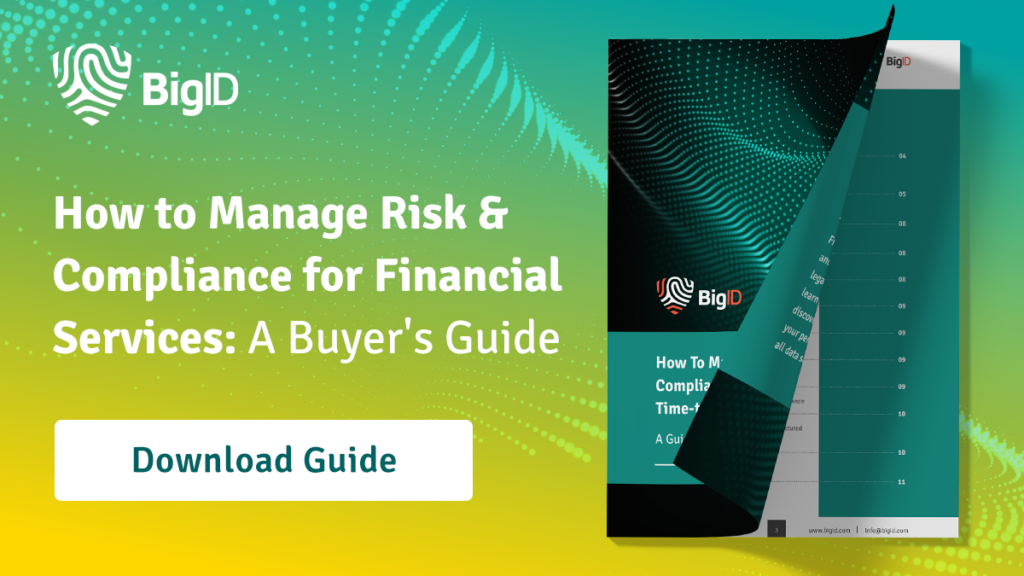
3. FINRA Rule 2090: Know Your Customer (KYC)
What It Means
FINRA Rule 2090 requires firms to use reasonable diligence in knowing and retaining essential facts about their customers. This helps firms understand their clients’ financial situations and investment objectives, thereby reducing the risk of fraud and ensuring suitable investment recommendations.
Implications for Organizations
Organizations must implement robust customer due diligence procedures to verify the identities of their clients and understand their financial profiles.
Compliance Strategies
- Collect Customer Information: Gather detailed information about customers, including their financial status, investment experience, and risk tolerance.
- Verify Identities: Use reliable methods to verify the identity of customers, such as government-issued identification and third-party verification services.
- Maintain Accurate Records: Keep comprehensive records of all customer information and update them regularly.
- Monitor Transactions: Continuously monitor customer transactions to detect any unusual or suspicious activities.
4. FINRA Rule 4512: Customer Account Information
What It Means
FINRA Rule 4512 requires firms to maintain specific information for each customer account, including the customer’s name, address, date of birth, and investment objectives.
Implications for Organizations
Accurate record-keeping is essential for compliance and for providing appropriate investment recommendations.
Compliance Strategies
- Establish Record-Keeping Procedures: Develop procedures for collecting, maintaining, and updating customer account information.
- Ensure Data Accuracy: Implement checks to ensure the accuracy and completeness of customer data.
- Protect Customer Information: Use secure methods to store and protect customer information from unauthorized access.
- Conduct Periodic Reviews: Regularly review customer account information to ensure it remains current and accurate.
5. FINRA Rule 8210: Provision of Information and Testimony
What It Means
FINRA Rule 8210 gives FINRA the authority to request information, documents, and testimony from firms and their associated persons during investigations and examinations.
Implications for Organizations
Organizations must comply with information requests from FINRA promptly and accurately.
Compliance Strategies
- Establish a Response Protocol: Develop a protocol for responding to FINRA information requests, including identifying a point person for handling such requests.
- Maintain Organized Records: Keep detailed and organized records to facilitate timely responses to FINRA inquiries.
- Ensure Full Cooperation: Cooperate fully with FINRA during investigations and examinations to avoid penalties and enforcement actions.
- Provide Training: Train employees on the importance of compliance with FINRA Rule 8210 and the procedures for handling information requests.

6. FINRA Rule 4511: General Requirements for Books and Records
What It Means
FINRA Rule 4511 requires firms to make and preserve books and records as prescribed by FINRA rules, the Securities Exchange Act, and other applicable regulations.
Implications for Organizations
Organizations must ensure that all required records are accurately maintained and readily accessible for regulatory review.
Compliance Strategies
- Implement Record-Keeping Systems: Use electronic or physical systems to create and store required records.
- Establish Retention Policies: Develop and enforce policies for the retention and destruction of records according to regulatory requirements.
- Ensure Data Integrity: Protect the integrity and authenticity of records through secure storage methods and regular audits.
- Train Employees: Educate employees on record-keeping requirements and the importance of maintaining accurate and complete records.
Stakeholders in FINRA Compliance
Brokerage Firms
Brokerage firms are the primary stakeholders, responsible for adhering to FINRA rules and maintaining robust compliance programs.
Compliance Officers
Compliance officers within firms are tasked with developing, implementing, and monitoring compliance programs. They ensure that all activities adhere to FINRA regulations.
Investors
Investors benefit from FINRA’s regulatory oversight, as it ensures a fair and transparent market, protecting their investments from fraud and abuse.
Enforcement of FINRA Rules
FINRA’s enforcement division is responsible for investigating potential violations and taking disciplinary actions against offending firms and individuals. The process includes:
- Examinations: Routine and for-cause examinations to ensure compliance with FINRA rules.
- Investigations: In-depth investigations into potential misconduct based on complaints, tips, or red flags identified during examinations.
- Disciplinary Actions: Initiating disciplinary proceedings against firms or individuals found to be in violation of FINRA rules.
Fees and Penalties for Violations
FINRA imposes various fees and penalties for non-compliance, including:
- Fines: Financial penalties can range from thousands to millions of dollars, depending on the severity of the violation.
- Suspensions: Firms or individuals may face temporary suspension from engaging in securities activities.
- Expulsions: Severe violations can lead to permanent expulsion from the securities industry.
- Restitution: Offending firms may be required to pay restitution to affected customers.
Example: In 2020, FINRA fined a brokerage firm $1.1 million for failing to establish an adequate AML program, which resulted in the firm missing several red flags related to suspicious transactions.
What Does it Mean to be Barred from FINRA?
Being barred from FINRA means a firm or individual is prohibited from participating in the securities industry. This severe penalty can result from significant violations such as fraud, insider trading, or repeated non-compliance with FINRA rules. A bar can be permanent or for a specified period, depending on the nature of the violation.
Example: An individual found guilty of embezzling client funds may be permanently barred from working in the securities industry, preventing them from holding any position that requires FINRA registration.
Adhering to FINRA Rules with BigID
Understanding and complying with FINRA rules is essential for organizations to maintain regulatory compliance, protect their reputation, and avoid substantial penalties. BigID is the industry leading provider of data privacy, security, compliance, and AI data management that utilizes deep data discovery to give organizations greater visibility into their enterprise data.
With BigID organizations can:
- Know Your Data: Leverage BigID’s advanced ML and AI to automatically discover, classify, categorize, tag, and label sensitive data with accuracy, granularity, and scale.
- Reduce Your Attack Surface: With BigID, financial service organizations can manage, delegate, and execute deletion to accelerate minimization initiatives and reduce the attack surface — or the number of vulnerable touchpoints in the event of a breach.
- Improve the Security of Critical Data: BigID enables financial institutions to improve their data security posture by identifying, scoring, and prioritizing the most valuable information to assess risk by severity related to sensitivity, location, accessibility, and more.
- Simplify Regulatory Compliance: With BigID, organizations can enforce and manage policies to monitor data by sensitivity, regulation, residency, location, and more – and trigger controls for compliance with NIST, CISA, PCI, privacy, security, and AI frameworks.
To learn how BigID can help your organization ensure compliance with financial services regulations like FINRA— book a 1:1 demo with our experts today.





